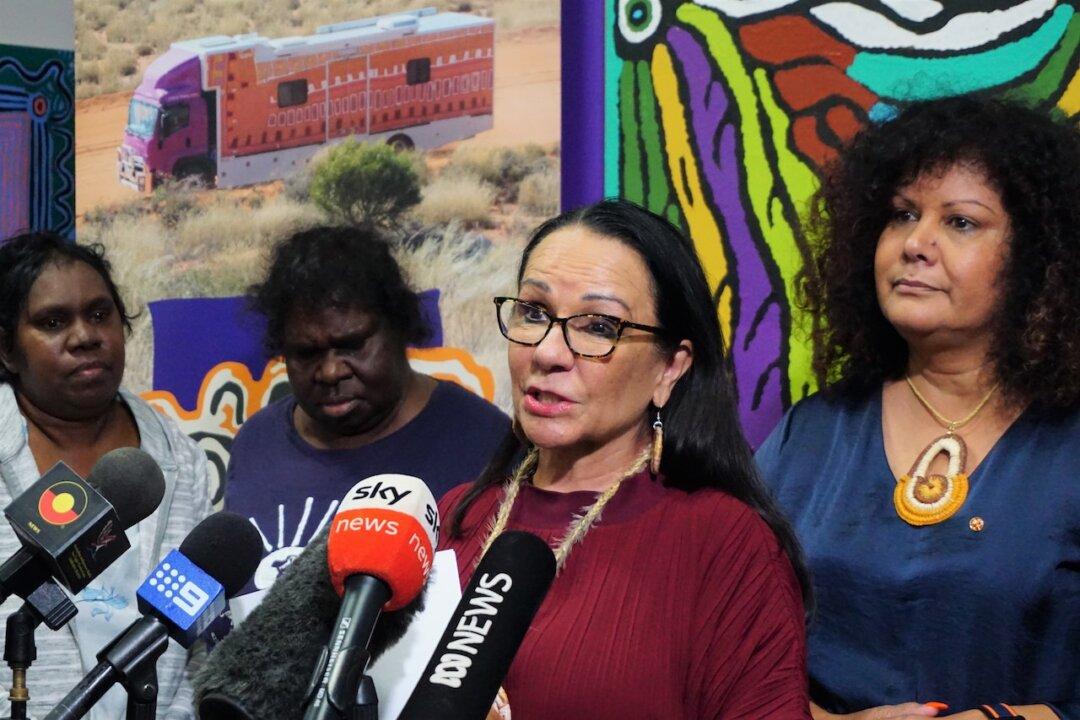Australia’s Indigenous Minister Linda Burney has been forced to reassure voters that a contentious change to the country’s Constitution will not result in wide powers being used to affect everyday people’s lives.
The Labor minister faced probing questions over the extent of power an Indigenous advisory body to parliament will receive if a national referendum succeeds later this year.





